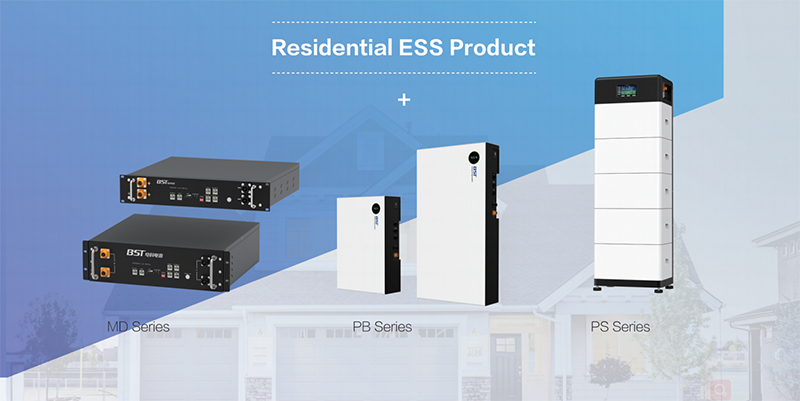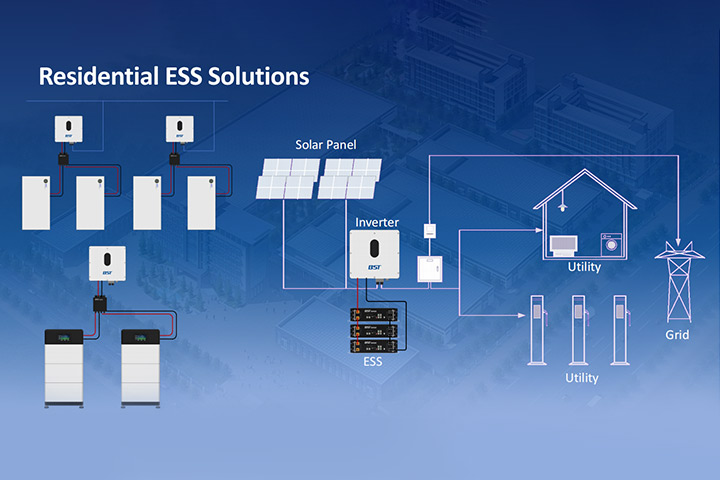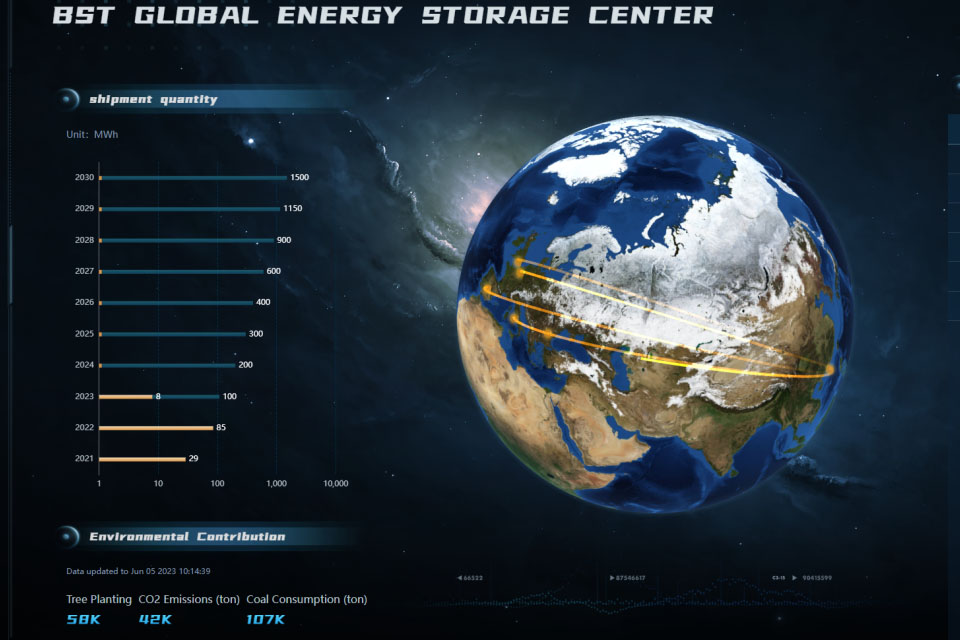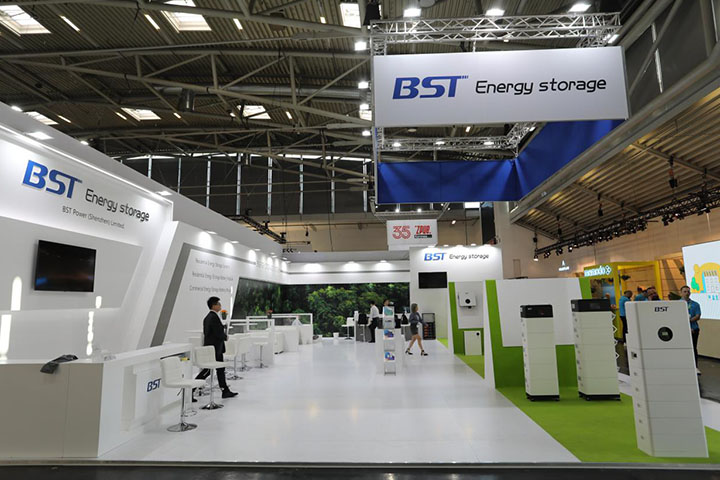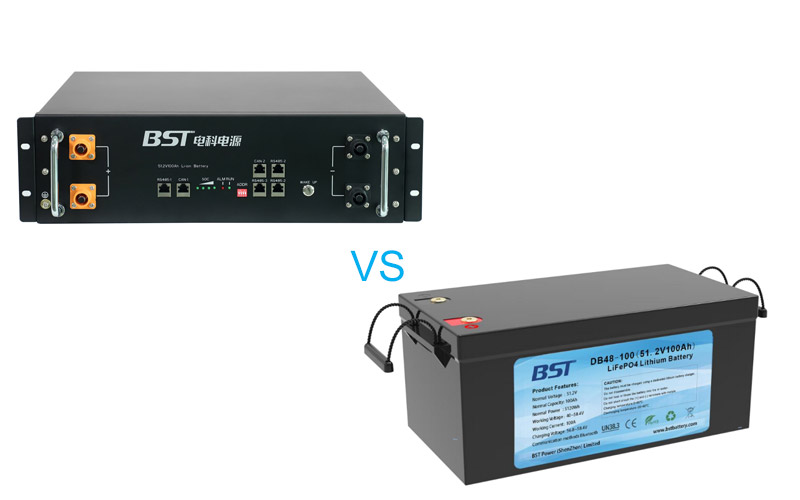
With the growing interest in sustainable energy and the increasing demand for efficient home energy storage batteries, more homeowners are desperately exploring the market for the most suitable battery storage options for their homes.
While lithium-ion and lead-acid batteries remains two of the major battery storage contenders with affordable price and advanced technologies, you might be left with a stumper or tough decision to make.
In this article, you will be exposed to the differences between lithium-ion and lead-acid batteries including their cost, performance, longevity, and energy efficiency among others, so you can make the best choice for your home.
What is Lithium-ion and Lead-acid Batteries?
Lithium-ion Battery
Lithium battery is a modern and popular rechargeable battery that utilizes lithium-ions moving between electrodes during charging and discharging processes. It’s mostly used for smartphones, iPads, electric cars, and now home energy storage. Lithium-ion is known for its high energy density, long lifespan, low maintenance and others.
Lead-acid Battery
Key Comparison Factors
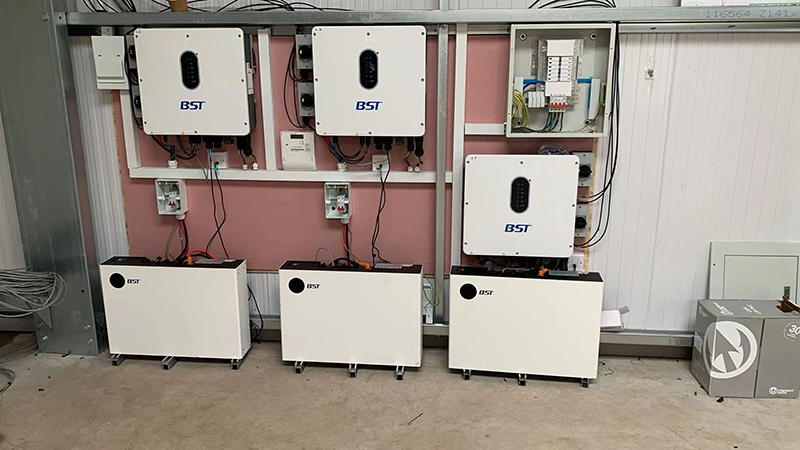
Energy Efficiency
Battery efficiency remains an important metric to consider when comparing lithium-ion and lead-acid batteries. Obviously, most lithium-ion batteries offer higher energy efficiency, mostly around 90-95%, meaning more of the energy you store in lithium-ion battery is available for use.
Alternatively, lead-acid batteries have lower efficiency mostly around 80-85%, and can degrade quickly if you discharge them too deeply. In short, lithium-ion battery is usually the best option when it comes to efficiency and performance.
Cost
One major aspect lead-acid batteries outperform lithium-ion batteries is their cost. Most times, lead-acid batteries cost hundreds or thousands of dollars less than lithium-ion, making them more attractive for those on a tight budget. However, because lead-acid batteries have a shorter lifespan, you might end up replacing them more often, leading to higher long-term costs.
Lifespan
The lifespan of a battery has a lot to say about its effectiveness over time. Simply put, battery capacity degrades in a space of time and as you continue to use it. However, as mentioned above, lithium-ion batteries last longer than lead-acid batteries. Typically, if your lithium-ion battery has a proper maintenance, it can last for 10-15 years with a higher cycle life of 3000-5000 cycles, while lead-acid batteries have a lifespan of 3-5 years with a lower cycle life of 300-500 in most cases.
Charging Time
Typically, lithium-ion batteries charge much faster than lead-acid batteries. In fact, they can reach their full capacity in just a few hours due to their ability to handle higher charging currents. Conversely, lead-acid batteries can take longer to charge.
Safety
While batteries remain essential tools to generate power, they can also be hazardous to people and the environment. Therefore, it’s your responsibility as a user to take caution while using them. Having said that, both lead-acid and lithium-ion batteries are liable to explosion if overcharged. Additionally, there are cases when lead-acid batteries leak and cause explosions same as lithium-ion. However, most modern lithium-ion home batteries are designed with multiple safety features to reduce these risks.
Installation
Lead-acid batteries are generally simpler to install but they require regular maintenance, such as checking water levels and ensuring ventilation to prevent gas buildup. In contrast, lithium-ion batteries usually require professional installation because of their more complex design and built-in safety features.
Maintenance
When it comes to maintenance, lead-acid batteries are the type that require regular maintenance such as checking electrolyte levels and equalizing charges to ensure longevity while lithium-ion batteries require less maintenance.
Environmental Impact
The truth is both lithium-ion and lead-acid batteries can be harmful to the environment. However, it’s more obvious that lithium-ion batteries are less harmful in terms of toxic material, though their recycling process is more complex. Lead-acid batteries contain harmful substances like sulfuric acid and lead but are widely recycled.
Lithium-ion vs. Lead-acid Batteries: Summary Table
| Comparison Factor | Lithium Battery | Lead-acid Battery |
| lithium battery | High (150-200 Wh/kg) | Low (30-50 Wh/kg) |
| Efficiency | 90-95% | 80-85% |
| Cycle Life | Long (3000-5000 Cycles) | Short (500-1500 cycles) |
| Depth of Discharge (DoD) | High (up to 80-90%) | Moderate (typically 50%) |
| Lifespan | 10-15 years | 3-5 years |
| Weight and Size | Lightweight | Heavyweight |
| Cost | Higher upfront | Lower upfront |
| Maintenance | Minimal | Requires regular maintenance |
| Environmental Impact | Lower, recyclable but complex | Higher toxic materials easier to recycle |
Frequently Asked Questions
- Are lithium-ion batteries better than lead-acid?
Depending on your preference, you might decide to choose lithium-ion battery over lead-acid or vice versa. However, lithium-ion is better in terms of reliability, longevity, and efficiency, while lead-acid batteries are the best option for those looking for less expensive batteries.
- Can I replace my lead-acid battery with lithium-ion?
If you discover that a lead-acid battery isn’t safe for you again, you can replace it with a lithium-ion battery anytime you feel like it. However, make sure you verify its compatibility with your system’s voltage, charging profile, and cutoff requirements to protect your new lithium-ion battery and ensure reliable operation.
- Can I charge my lithium-ion battery with a lead-acid charger?
The truth is, that charging a lithium-ion battery with a lead-acid battery isn’t recommended because of the differences in charging profiles. Lead-acid and lithium-ion batteries require distinct charge voltages and current limits, and using an incompatible charger can reduce battery lifespan.
- When not to use lithium batteries?
Lithium-ion batteries are very sensitive to extreme temperatures. Therefore, you’re advised not to place them in direct sunlight or any hot environment. Likewise, don’t let them get exposed to cold temperatures so their efficiency and capacity won’t reduce.
Final Verdict
Choosing between lithium-ion and lead-acid batteries might be challenging, but the decision comes down to your priorities. If you want a long-lasting, low-maintenance, efficient battery and are willing to invest upfront, a lithium-ion battery is an ideal option. However, lead-acid might be the best option if you’re on a tight budget and don’t mind regular maintenance.
